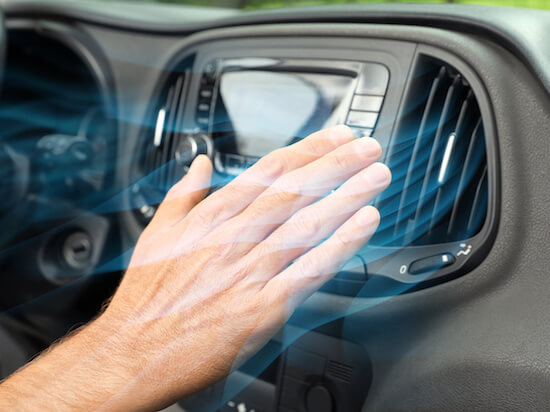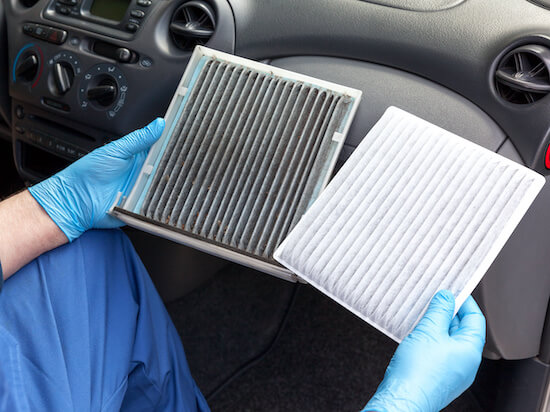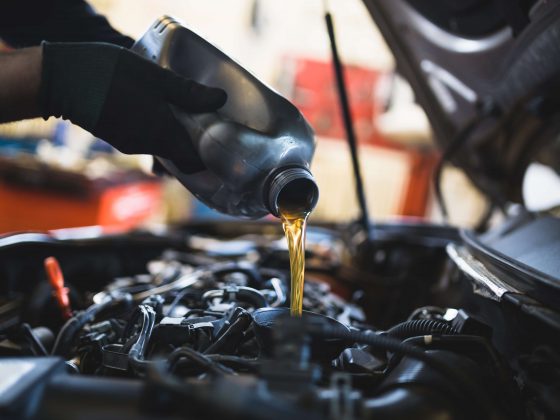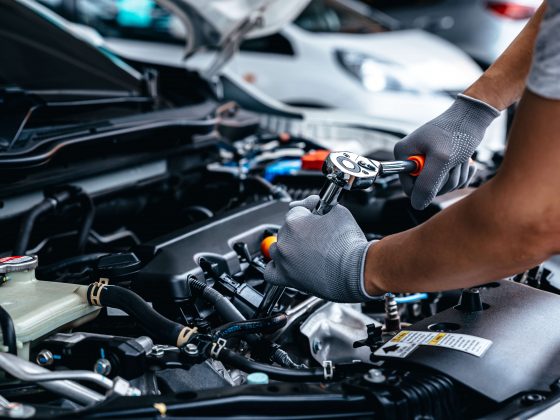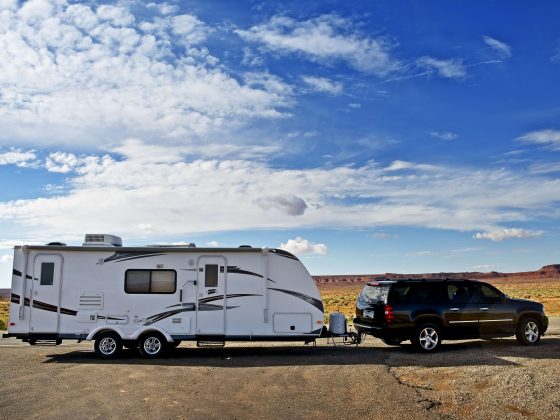Summer is practically here. All over the country temperatures are rising. Pennsylvania is already seeing 75-degree weather, New York 80 degrees, even Minnesota is in the high 70s already. As the climate gets warmer and warmer, your car’s A/C will be working harder and harder.
Use eTags© to Quickly Complete Your DMV Service. Renewals, Title Transfers and More, All Online!
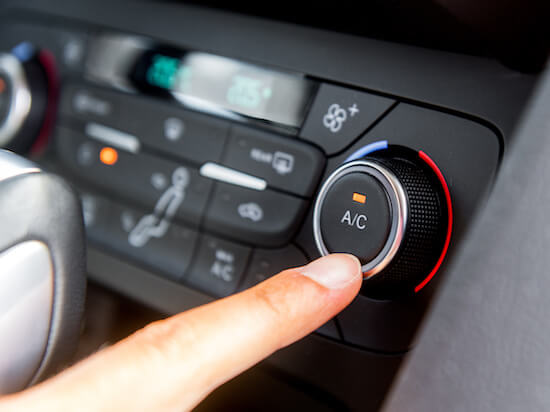
On some days, it may even feel like your vehicle’s air conditioning system is on its last leg — barely able to cool you down. The U.S. Environmental Protection Agency says when you use your car’s A/C in really hot weather, it reduces fuel economy by as much as 25%. For electric vehicles and their hybrid counterparts, battery life is also drained.
Don’t turn on your vehicle’s A/C before you’re actually driving; the A/C performs best when there’s airflow
Why your car burns more fuel when cooling
When you turn on your vehicle’s air conditioning system, it pulls in air from the cabin or outside. Heat and moisture are removed, and the air is pushed out the vents. The A/C system has a compressor which draws energy from the car’s engine, making it work harder, thus affecting the car’s fuel economy. Basically, the car needs to burn more gasoline to cool you down.
Maximize your car’s A/C by recirculating air
Push the recirculation button to cut off outside air, so the air conditioner will pull the air from inside the cabin. In essence, your vehicle’s A/C will cool the air that’s already colder than the scorching heat outside. This minimizes the work your engine has to do, saving you gas and keeping you colder at the same time. When the vehicle reaches your ideal temperature, the air conditioner’s compressor will shut off.
SEE ALSO: UNDERSTANDING YOUR CAR’S DASHBOARD – 6 WARNING ICONS TO KNOW
Maintain your car’s air filter
If the cabin’s air filters hold too much debris or dust, it restricts the airflow coming through the vents. Clogged up filters mean you’re cranking up the air conditioning and the system has to work harder. So replacing the air filters can make a big difference on your A/C’s efficiency. Typically, you should replace air filters every 15,000 miles. But if you commute in areas where there’s higher levels of dust and pollen, you probably have to change the filters sooner.
A car’s air conditioning system can reduce the cabin temperature by about 40 degrees on average
Park in a shaded spot if you can
This tip works similarly to the recirculation setting. If you start with a cooler car because it’s not in the sun all day, your vehicle’s A/C will have less work to do. Your car will get colder faster and spend less gas do it. On days that you don’t find the idea parking spot for hot temperatures, make sure you roll down the windows and let air out before you turn on your A/C.
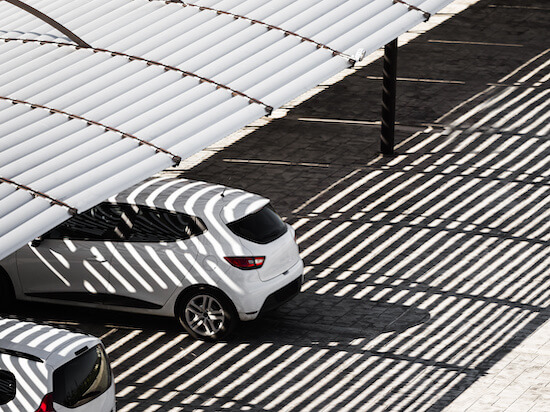
Deactivate auto start/stop
If you’re driving a vehicle with an automatic start/stop system, there’s a possibility that your A/C’s compressor is not running when engine is off. You can disable the auto start/stop to deactivate, but you’ll have to do it every time since it can only be turned off temporarily. Perhaps, use this tip on longer drives to keep you cool.
Stay cool, friends!

